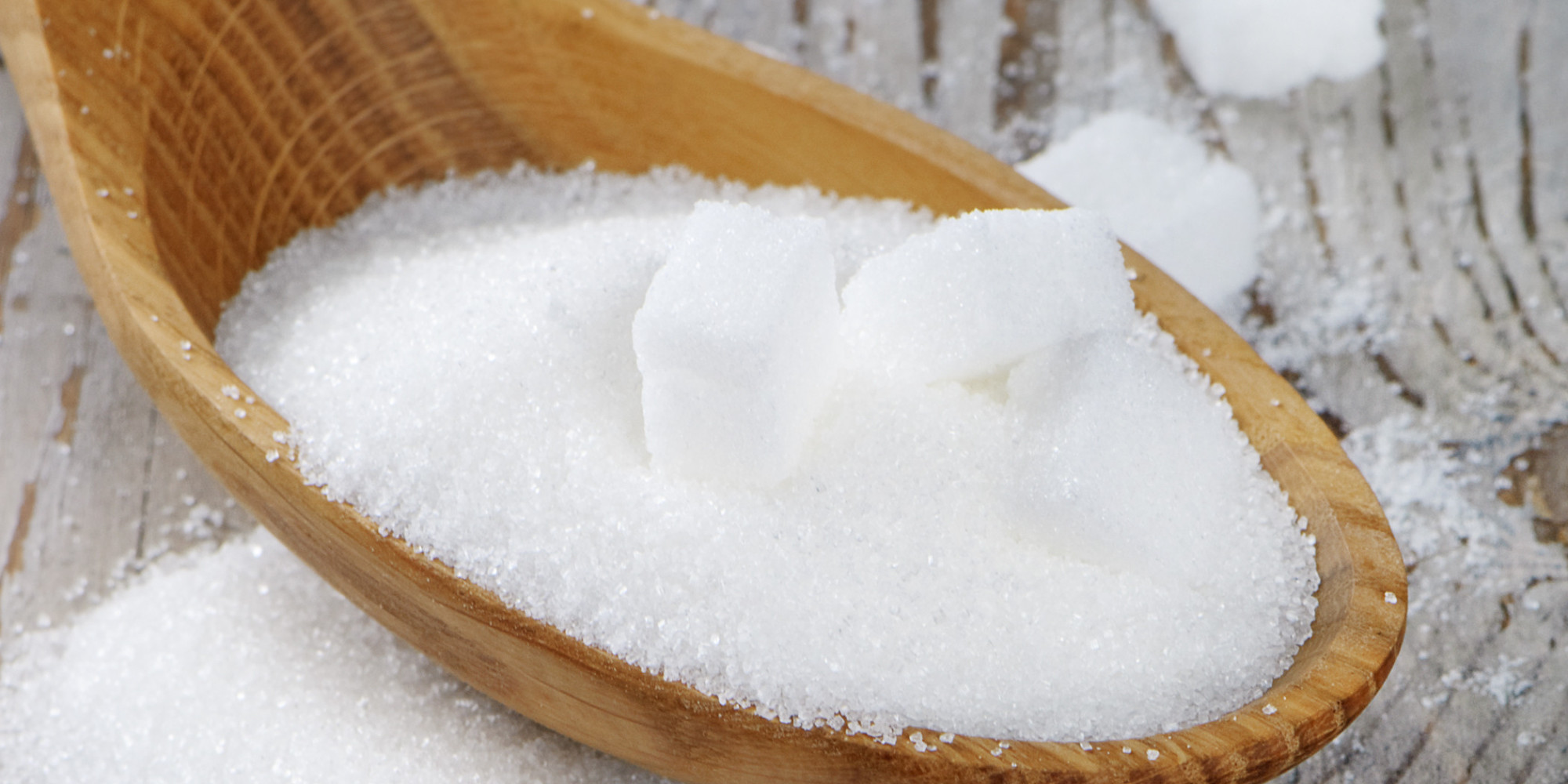The Negative Effects of Sugar, Part II
Our friends from Health Ambition are sharing their knowledge and expertise this week; Helen Sanders is the guest author of this two-part series, explaining the negative effects of sugar. The original post can be found on the Health Ambition site here.
By Helen Sanders, Health Ambition
The Negative Effects of Sugar
Sugar Has No Nutritional Benefits and Will Rot Your Teeth
There is literally no nutritional benefits associated with the consumption of sugar. There is no protein, vitamins, minerals or essential fats – just empty calories!
In fact, those who regularly consume 20% of their calories from sugar can end up with a whole host of nutritional deficiencies.
Plus, being told “sugar will rot your teeth” as a child was not just your mother’s way of coaxing away those chocolate chip cookies. It’s actually a cold, hard fact.
Science tells us that sugar actually provides energy for the bad bacteria in your mouth, making it very bad for your teeth (source).
Fructose Can Overload Your Liver
It is important to understand that sugar comes in two forms: glucose and fructose.
Now glucose is natural, it is found in every living cell and if we don’t get any in our diet, our body will produce it anyway.
Fructose however is different. Our body is only capable of dealing with small amounts at one time.
It doesn’t cause a significant problem if we get a small amount like from fruit, or we just finished a workout. When this happens, the fructose will be turned into glycogen and stored in the liver until we need it (source).
With that said, if the liver is already full of glycogen, which is usually the case, eating a lot of fructose will overload the liver and cause it to turn the fructose into fat (source).
When this happens time and time again, this process can lead to a fatty liver which can cause a plethora of serious problems (source).
One of them being the potential development of Non-Alcoholic Fatty Liver Disease (NAFLD), which is becoming a serious problem in Western countries (source).
Sugar Can Give You Cancer
Cancer is that word we all dread and unfortunately, is one of the leading causes of death throughout the world.
Cancer is when cells grow and multiply uncontrollably and can affect pretty much any part of the human body.
Insulin is a key hormone in the body and one of its functions is to regulate cell growth. However, overloading your body with sugar can lead to insulin resistance, meaning the cells your cells become able to resist the effects of insulin.
This is why many scientist believe that too much sugar can cause cancer (source).
Insulin Resistance Can Lead to Type 2 Diabetes
When your cells start to become resistant to insulin, your body produces more of this important hormone in order to level out blood sugar.
However, insulin resistance is progressive and as the situation gets worse, your body simply cannot keep up with the demand for insulin.
This is when your blood sugar levels go through the roof and you are left with type 2 diabetes.
Take into account that science tells us that people who drink sugar sweetened beverages are actually 83% more likely to develop type 2 diabetes (source)
Alternatives
Luckily, there are some sweet alternatives to sugar. While there have been, and continue to be, many artificial sweeteners on the market, there are some choices that are better than others.
First and foremost, satisfying your sweet tooth with the goodness of fruits and berries is a good option. But again, too much of a good thing is still too much. You don’t want to consistently fill your diet with high glycemic foods, even healthy choices like fruits. Your goal should be to keep your blood sugar low and stable.
Try stevia for a great sugar substitute. Stevia comes from a leaf and does not affect blood glucose levels. It is a great sugar alternative, especially for those with diabetes. Stevia comes in various forms like liquid drops or powders. You can purchase it in packets as well. Some of the brand names for stevia are Truvia, Sweet Leaf, Stevia In The Raw, and PureVia.
Read also: What is the best tasting Stevia?
Splenda, also known as sucralose, is another popular sweetener. Although it doesn’t share the healthy reputation of stevia, splenda has been used for years. It’s not a natural sweetener. It’s a chlorinated artificial sweetener, so user beware.
Xylitol is yet another sweetening option. It is a “sugar alcohol”. Sugar alcohols often cause diarrhea and bloating, so test your tolerance first with xylitol before consuming large amounts.
Final Thoughts
To conclude, the best thing to do, if you’ve been on a sugar binge for most of your life, is to start phasing sugar out of your life. You don’t have to go cold turkey.
If you don’t believe sugar is all that bad for you, just eliminate it from your life for a while and see how you feel, watch your energy levels soar, your immune system come to life, and your skin glow. Then, decide for yourself.
The bottom line is, try to wean yourself from sugar. And, learn to enjoy the truly natural sweetness of fruits and berries. And, if you must use sweeteners to make your food more interesting, there are many alternatives from which to choose. However, if your goal is to be as healthy as you can, your best choice is stevia. Moderation is key. Make the best choices you can most of the time, and your life can be pretty sweet.
Thanks very much to Helen and Health Ambition for sharing the informative For more health articles, be sure to visit Helen and Health Ambition’s site here.
Remember to follow and like Dr. Sunny Tatra on Twitter, Facebook and Google+ to stay up to date with the latest news and tips. To read client reviews or to share your own experience, visit our RateMDs and Yelp pages. To book an appointment with Dr. Sunny Tatra and his team, phone +1 250 590 0166, email, or fill out the online appointment form!



